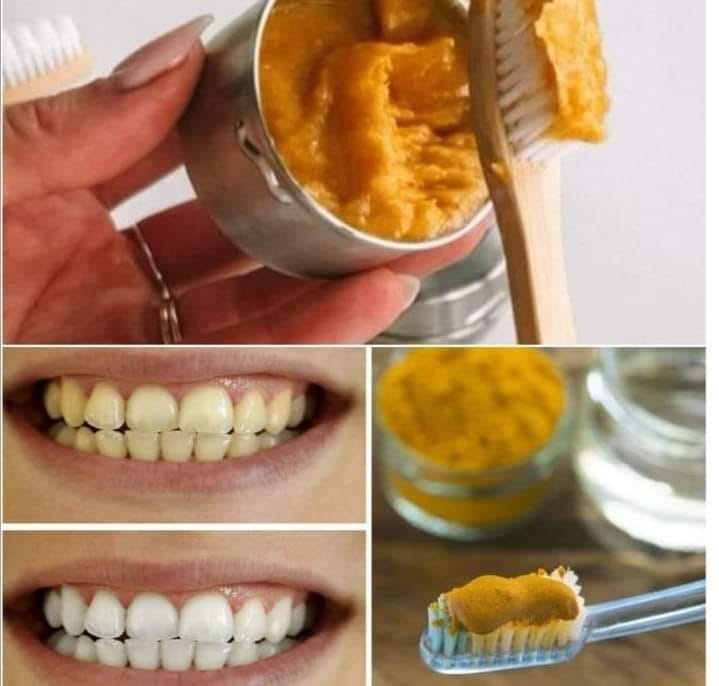Foods for Healthy Teeth:
- Calcium-Rich Foods: Milk, cheese, and yogurt help strengthen tooth enamel.
- Crunchy Vegetables: Carrots, celery, and apples help clean teeth naturally and stimulate saliva production.
- Whole Grains: Brown rice, oats, and whole wheat are better for oral health than refined grains.
Foods to Limit:
- Sugary Snacks and Drinks: Candy, soda, and other sugary items can lead to tooth decay.
- Acidic Foods: Citrus fruits and tomato-based products can erode enamel if consumed excessively.
Tip: Drink plenty of water throughout the day to help rinse away food particles and bacteria.
5. Regular Dental Checkups
Importance of Checkups:
- Regular visits to the dentist help catch problems early, such as cavities, gum disease, and oral cancers. Professional cleanings also remove plaque and tartar buildup that can’t be removed at home.
How Often:
- Schedule a dental checkup every 6-12 months, or as recommended by your dentist.
Tip: Don’t wait for problems to arise—regular visits can prevent many issues before they become serious.
6. Protecting Your Teeth
Preventive Measures:
- Dental Sealants: Thin, protective coatings applied to the chewing surfaces of molars to prevent cavities.
- Mouthguards: Wear a mouthguard during sports or high-impact activities to protect against tooth damage.
Tip: If you grind your teeth, ask your dentist about a night guard to protect your teeth from wear and tear.
7. Addressing Dental Issues
Common Problems:
- Cavities: Small holes in teeth caused by decay. Treatable with fillings.
- Gum Disease: Infections of the gums, ranging from gingivitis to periodontitis. Treatment may include deep cleanings, scaling, and root planing.
- Tooth Sensitivity: Often caused by enamel erosion or gum recession. Use toothpaste designed for sensitive teeth and consult your dentist for advice.
Tip: Seek prompt dental care if you experience persistent pain, bleeding gums, or other concerning symptoms.
8. Oral Hygiene for Children
Starting Early:
- Begin brushing your child’s teeth as soon as they appear. Use a soft-bristled brush and a small amount of fluoride toothpaste.
- Introduce flossing once their teeth start to touch.
Healthy Habits:
- Encourage healthy eating and regular brushing habits from a young age.
- Schedule your child’s first dental visit by their first birthday or within six months of their first tooth eruption.
Tip: Make dental care fun and engaging to help establish lifelong healthy habits.
9. Special Considerations
Pregnancy: Hormonal changes during pregnancy can affect gum health. Maintain good oral hygiene and visit your dentist regularly.
Medications: Some medications can cause dry mouth or affect oral health. Discuss any concerns with your dentist.
Tip: Always inform your dentist of any medical conditions or medications you’re taking.
In Conclusion
Maintaining optimal dental health involves a combination of good daily habits, regular professional care, and a balanced diet. By following these guidelines, you can keep your smile bright, your teeth strong, and your gums healthy. Share these tips with family and friends to help them achieve better dental health and enjoy the benefits of a confident, radiant smile.
